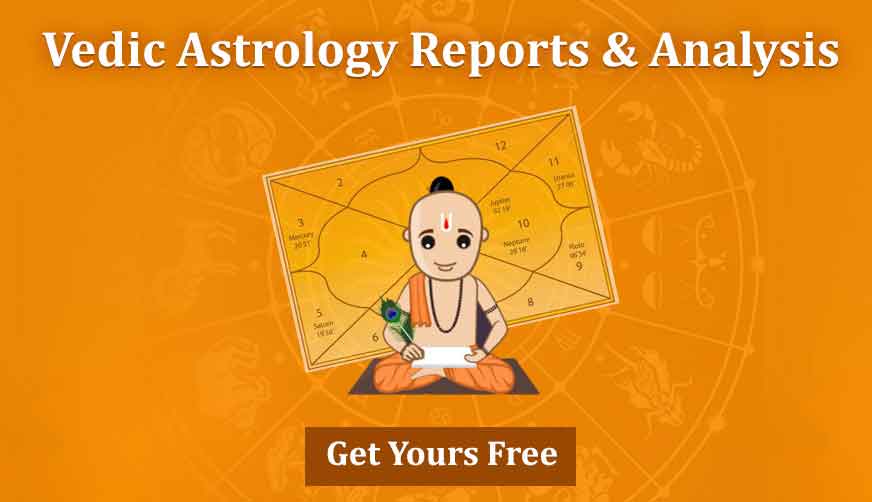Gudi Padwa: Date, Muhurat, Rituals And Significance
Gudi padwa is celebrated on Pratipada Tithi in Chaitra Month of the Hindu Calendar. This year it will fall on Sunday, March 30, 2025. Gudi Padwa is considered to be the start of the Hindu Nav Samvatsar. Generally speaking, it is the beginning of the new year. Just as January 1 marks the beginning of the English calendar, Gudi Padwa marks the beginning of Hindu calendar. It is known by different names. In North India, this day is celebrated as Chaitra Navratri. In Andhra Pradesh and Karnataka, this day is celebrated as Ugadi.
In Maharashtra, this day is known as Gudi Padwa. On this day, houses are cleaned and decorated with Rangoli and Toran. Special dishes are made. Ishta Dev is worshipped on this day. This festival is celebrated with great enthusiasm and faith.
Religious and scientific opinion on Gudi Padwa
Gudi Padwa represents a change in nature around us, it also signifies enthusiasm. Several changes take place in the weather too. There is a change in food habits and our way of life. To conclude it is the time of transition indicating a change. Therefore, during this time, it is important to be consistent in cleanliness and food habits.
According to religious beliefs, the creation of the universe began in this period. Brahma, the creator of the universe, started the creation of the world on this day. Therefore, during this day special Yajna and religious rituals are also done. In Maharashtra, on the day of Gudi Padwa, people place a Gudi on the roofs or windows of their houses.
The word Gudi is derived from the word Jhanda or Pennaka. It is believed that a family's problems are solved and success is also achieved in various tasks when one places a Gudi in the house.
Story related to Gudi Padwa
All festivals that are celebrated in India are related to one another in some form. One or the other very important lesson is depicted in each of these stories. These stories have stood the test of time not only from a religious perspective but also from a geographical perspective. Gudi Padwa is mentioned in several mythological stories in various forms. This day has been considered very important by various people for different reasons.
A story related to this festival goes like this, once upon a time, there was a king named Shalivahan. His father’s kingdom was snatched by his feudal Lords. The feudal lords attacked Shalivahan’s family and tried to kill Shalivahan. Shalivahan ran to save his life. He escaped into a jungle and found shelter with a potter. The potter let the prince be with him and looked after him.
As the prince was looked after by a potter, he began to be known as a potter. However, he was originally a Kshatriya. It is said that Shalivahana had received a boon from the Gods. He could bring life to any idol. Time went by. One day when Shalivahana came to know of his family history and state. He decided to fight against the feudal lords who had wronged him and his family. He started preparations from the same.
Shalivahana did not have an army nor the money to fight the war, then he recollected his boon. He built an army of idols which included elephants, horses, soldiers and also weapons. He then gave life to all of these by splashing water on them. With his powerful army, he won the war and regained his kingdom. This day marks the beginning of Shalivahana Shak.
As per another story on this day Lord Rama had killed Bali on this day and had given Sugriva his kingdom and freed all the people of the kingdom from Bali’s oppression. The people of the kingdom celebrated this freedom by hoisting flags (Gudi). To date, people celebrate this freedom by hoisting Gudis in their courtyards and roofs.
Gudi Padwa Puja
People start preparations for Gudi Padwa a few days before the festival. Cleaning is done, several decor items are bought, the house is made beautiful. Lord Brahma is worshiped. On Gudi Padwa, Gudis are hoisted at home. These Gudis symbolise success in all walks of life. Swastik and Mangalik signs are made or placed at the main entrance of the house. People wear traditional clothes. Sun God is worshiped.
On this day garlands adorn the doors of various houses. It is a ritual to take a bath with oil and Ubtan on this day. It is believed that the body gets maximum nutrition from all the food that is eaten on this day.
Importance of Gudi Padwa day
The different shades of Gudi Padwa can be seen by visiting different places. One thing which is common amongst all this is that this festival primarily depicts the beginning of something different. Even if you look at it on the basis of narrative stories, folk traditions or authenticity, you will know change is an intricate part of Gudi Padwa.
This festival represents novelty and enthusiasm. The very fact that Durga Puja and Hindu Panchang computation commences from this day indicates nature and time are connected with each other.
- According to Gudi Padwa Brahma Purana, the universe was created by Brahma.
- Shri Ram was crowned on the day of Gudi Padwa.
- Chaitra Navratri fast begins on the day of Gudi Padwa.
- Vikram Samvat was started by Vikramaditya on Gudi Padwa.
- The Shalivahana Shak Samvat, which is also the national Panchang of the Government of India also began on Gudi Padwa.






